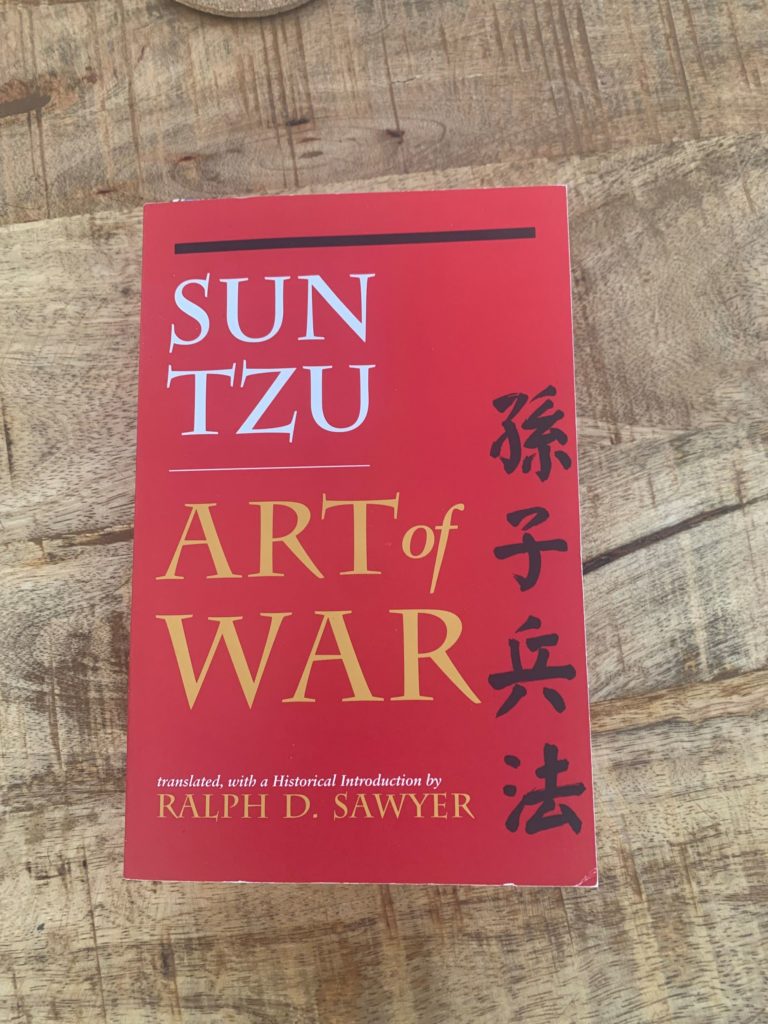If you were reading along with me, then you as well have now read another ‘classic’. This is definitely the first time for me reading the Art of War. I have heard a whole lot of references to the book over the years. Now I can contribute my own opinion on it is worth to the average person.

I am kind of a funny guy. I have extreme reverence for some old things. Architecture is an example of that. But when it comes to books and media, it turns out that I am a skeptic.
Throughout my academic life, I can remember reading things like The Iliad, Shakespeare and Moby Dick. I would say that they have an important role in literature because of their existence. As far as being great works, that is definitely debatable in my opinion. Each surviving work provided a framework and story lines to supplement new work.
Sticking closer to the subject, I see Art of War as a similar comparison. If you were studying military history then this is a very important work. It has shaped military tactics and thoughts for thousands of years. But, aside from that I really don’t see a lot of value to the non-military, non-historian, modern man.
I read that there have been attempts to turn the study of Art of War into some sort of business philosophy. I fail to see the connection unless you are going to make metaphors for terrain and feudal leadership to other situations. Certain authors like Ayn Rand and George Orwell clearly are using innuendo to make a point. I really don’t believe that Sun Tzu was using military terms for guiding the modern business man, especially because this incarnation did not really exist.
Was the book worth reading? From a standpoint of checking a classic off of the list, yes. From the standpoint of getting a lot of insight from the book, no. This book is for military historians and the Sinophile. It doesn’t hurt to read these short chapters and try to rationalize what is written as a thought exercise. I wouldn’t expect it to change your life in any meaningful way however.
I know that when I started this, I talked about how this was a book of several. I heard a conflicting version that Art of War was an amalgamation of different authors. This was pieced together from oral legend and ancient text fragments. Sawyer goes through a lot of effort to justify credit of Sun Tzu to the work. You can make similar claims about the Bible whereas the difference is the application. It is the subject and not the author that makes the book valuable.
End Your Programming Routine: I was listening to the Art of Manliness podcast and I heard this statement “negative people are perceived as smarter”. I don’t think of myself as negative. But, if you are skeptical and open minded then you are much more likely to keep searching for the truth. Whereas if you just accept something at face value then you are susceptible to any rumor that you run across. Read Art of War and decide for yourself. You got my opinion.
Recent Comments